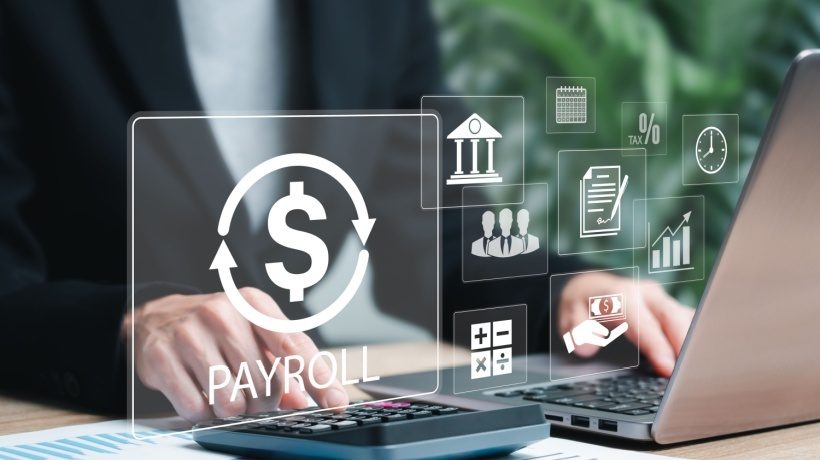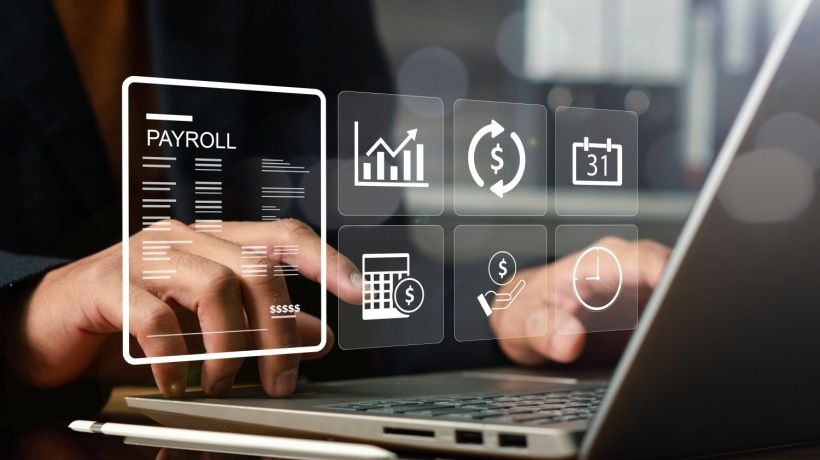The Uses And Benefits Of Payroll Management Systems
Are you tracking work hours and pay rates using a spreadsheet to manage the payroll for your employees? Do you find spending hours each week calculating employee hours and tax deductions time-consuming? With the implementation of a payroll management system, you can be amazed at how much time you are able to save by not spending long hours on the calculation of payroll; you can just focus on growing your business. It is not only a time saver but also reduces the risk of errors and increases accuracy.
Payroll management software is one of the most essential functions for any organization, no matter its size or industry. Ensuring employees are paid accurately and on time is crucial for employee satisfaction and retention, and it can also affect the overall financial health of the business. That's where a payroll management system comes in.
The Benefits Of Using A Payroll Management System
A payroll management system is a software tool designed to automate and streamline the process of paying employees. It helps businesses calculate employee salaries, taxes, deductions, and benefits, manage employee time and attendance, generate payslips, and file tax forms, among other things. So how exactly can a payroll management system benefit your organization? Let's take a closer look.
1. Reduces Errors And Saves Time
One of the primary benefits of a payroll management system is that it can significantly reduce errors and save time for your organization. Manual payroll processing can be time-consuming and prone to mistakes, which can result in inaccurate payments to employees and legal compliance issues. With a payroll management system, many of the tasks associated with payroll processing are automated, reducing the likelihood of errors and freeing up time for HR and Payroll staff to focus on other tasks. For example, a payroll management system can automatically calculate employee taxes and deductions, which can be complex and time-consuming to do manually.
2. Improves Compliance With Labor Laws And Regulations
Another significant benefit of a payroll management system is that it can help your organization stay compliant with labor laws and regulations. The laws governing payroll and tax can be complex and constantly changing, making it difficult for businesses to keep up. A payroll management system can help automate compliance processes, ensuring that your organization is always up to date with the latest legal requirements. This can include automatically generating and filing tax forms, keeping track of employee hours and overtime, and ensuring that employees are paid in compliance with minimum wage laws.
3. Enhances Data Security
Payroll data contains sensitive and confidential information, such as social security numbers, bank account information, and salary details. A payroll management system can help enhance data security by providing secure storage and access controls to prevent unauthorized access to employee data. Many payroll management systems also have advanced encryption and security features to protect against data breaches and cyber-attacks. This can provide peace of mind for both employees and employers, knowing that their information is safe and secure.
4. Increases Employee Satisfaction And Retention
Payroll processing can be a time-consuming and frustrating task for employees, especially if errors or delays occur. A payroll management system can help ensure that employees are paid accurately and on time, which can lead to increased job satisfaction and employee retention. Additionally, many payroll management systems offer self-service options for employees to access their pay stubs, tax forms, and other payroll-related information. This can reduce the burden on HR and Payroll staff and give employees greater control over their payroll data.
5. Provides Real-Time Reporting And Analytics
A payroll management system can also provide real-time reporting and analytics on payroll data, which can be valuable for HR and Finance departments. This can include tracking employee time and attendance, generating reports on labor costs and productivity, and identifying trends and patterns in payroll data. Real-time reporting and analytics can help organizations make data-driven decisions about payroll and HR strategies, as well as identify areas for improvement and cost savings.
Conclusion
In conclusion, a payroll management system can provide significant benefits for organizations of all sizes and industries. By reducing errors, improving compliance with labor laws and regulations, enhancing data security, increasing employee satisfaction and retention, and providing real-time reporting and analytics, a payroll management system can help organizations save time, reduce costs, and improve overall financial health.






